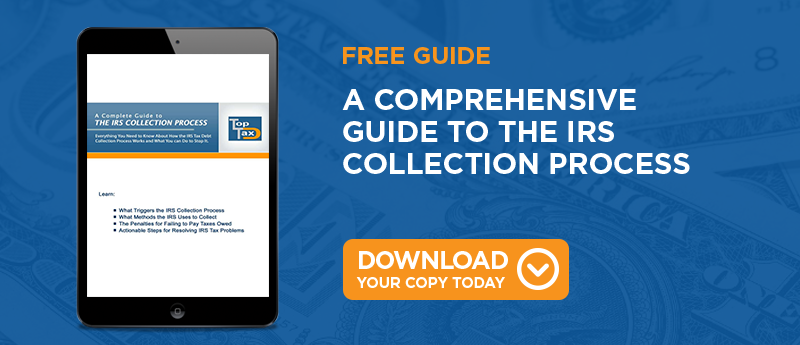
Some taxpayers may think that they can simply close a business without having to take any additional steps relating to IRS regulations. While it is completely up to each business owner to decide when to close up shop, there are a few procedures they must follow to make sure that they inform the IRS of their plans and that they issue the appropriate forms to any employees.
Closing a Sole Proprietorship with No Employees or Assets
If your business has only consisted of you yourself and no other workers or business assets, you'll have the simplest time closing your company. All you have to do is file your Schedule C as usual and inform the IRS that this is the last Schedule C you'll be submitting for that business.
Closing a Company with Business Assets
If you owned assets that were purchased or used solely in the course of business, you'll need to inform the IRS of your assets and the sale of these assets. You'll be required to list detailed information about each asset, including the date it was placed in service, the original purchase price, and the amount of depreciation claimed over the years. This data is used to determine the fair market value. After deducting the fair market value from the sale price, you'll have either a taxable gain or a loss, which will affect your tax liability for the year.
Closing a Company with Employees
You'll have to complete a few additional steps if you had employees. First, you must pay your frederal payroll tax using a deposit for the last quarter your company was in operation. Then, you'll notify the IRS that the business is closing by marking "final return" on the quarterly payroll tax form. If you've been funding a retirement plan for your workers, you'll also be responsible for closing that program by either notifying the plan administrator that contributions are ending or by continuing to fund it until the end of the calendar year.
Required Tax Forms for Closing a Business
The type of tax forms you complete depend on the type of business you operated. For example, if your business was a sole proprietorship with no employees or assets, you can simply file your Schedule C for the last year you were in business and check the box at the top that indicates the schedule is a final return. If you had business assets, though, you'll need to list them individually on Form 8594 "Asset Acquisition Statement" and include that form, along with your final Schedule C.
For businesses with employees, you'll have to complete a final Form 941 "Employer's Quarterly Federal Tax Return". You should also send your workers a final W-2 form for the last tax year in which they were employed. If your payroll tax deposits were less than $1,000 per year, then you'll complete a final Form 944 instead of the Form 941. Make sure you remember to complete your final Schedule C, as well as Form 8594, if applicable.
If you decide to close your business, be sure to follow the necessary steps for your specific company type. If you do, you'll ensure that you remain in compliance with the IRS regulations for closing a business.




